How do children develop thinking and learning skills?
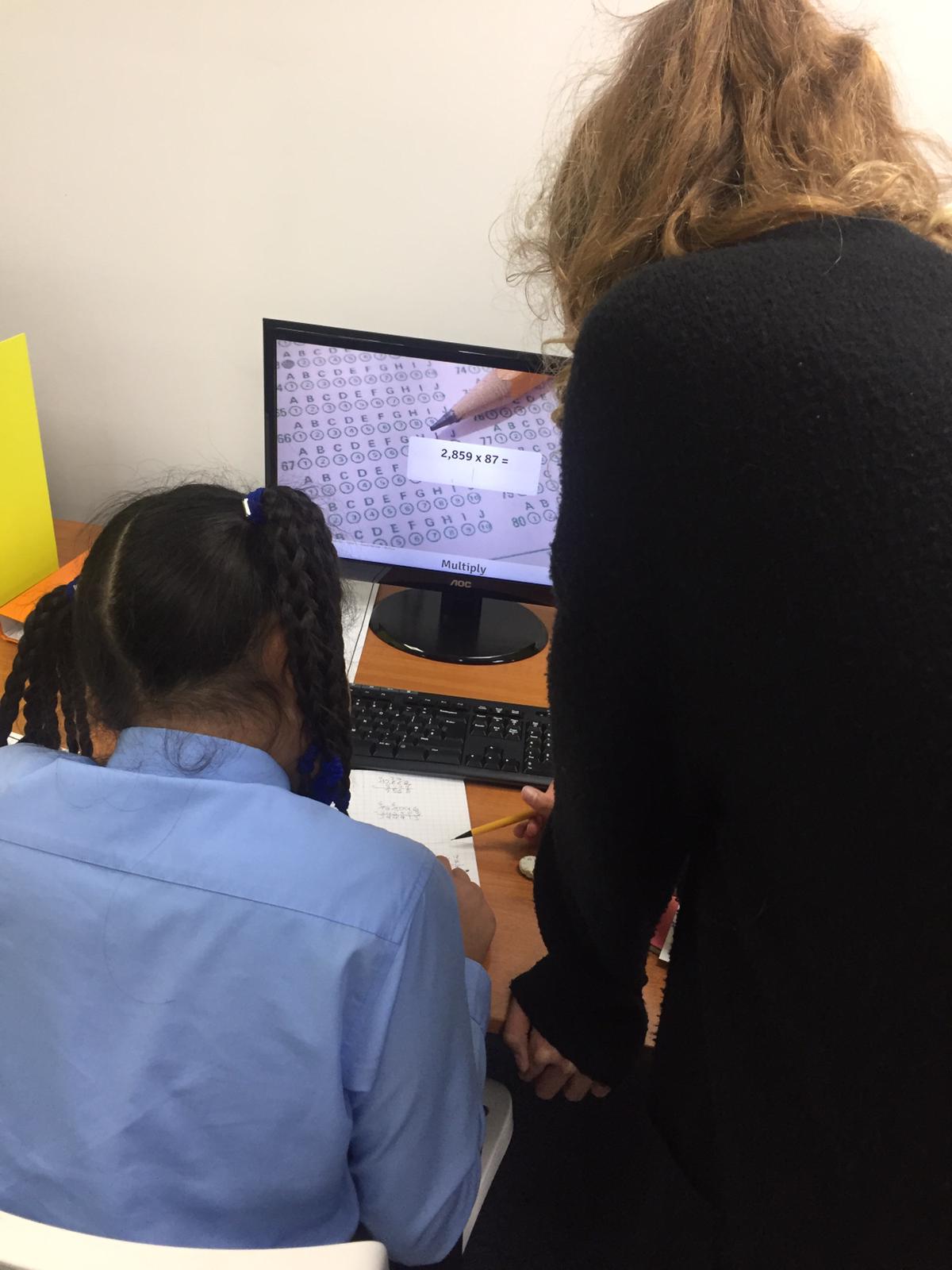
Children learn through doing and playing, which builds their brain
development.
These connections are called neutral pathways. This is why
it’s important for children to repeat what they learn. This way the neutral
pathways become stronger. So, how do children develop thinking and
learning skills?
Children are constantly learning new skills at their own pace. They go
through different stages of development. Once children learn the basics of
one area, it is easier for them to expand on that area, building upon their
knowledge.
How children develop thinking and learning skills:
Processing information
There is certainly no one-size-fits-all with learning. This is why it is useful
to teach children in different ways. Some may be auditory learners, who
learn best when there is music playing or background noise. While others
may learn by doing, remembering more through a hands-on approach.
Teaching children that there are different methods of processing
information will help each individual to grasp it in their own way.
Thinking skills
Encourage your child to be curious and explore new ways of thinking. Try
to ask them how they reached a certain conclusion by asking “why?”
Similarly, get your child to go beyond “what?” and instead question
“why?” and “how?” This will open up a new discussion and let them
actively think about what they are asking. It is also worth teaching your
child that it is okay to agree and disagree with things. If they don’t
understand or support someone’s statement, let them know that they can
ask more about it. Then they can form their own opinion on the subject
and provide a reason for thinking this way.
Problem solving
Thinking critically about information and scenarios children are presented
with will help them come to their own conclusions. This way of thinking
requires a lot of thought and analysis. It will encourage children to think
for themselves and challenge things more.
How are GCSEs being evaluated this year?

Students across the country will receive their GCSE results on Thursday 20th August 2020. Although what makes this year’s results different to previous years is the way they are being graded. So this poses the all-important question, how are GCSEs being evaluated this year?
Students are currently awaiting grades from exams they were unable to sit due to the coronavirus. Instead, GCSE exam grades will be assessed based on teacher’s predictions. These predictions are then fairly moderated by the exam board.
What happens now?
Usually, students will go into school on results day to collect an envelope of their grades. However, because of social distancing, as a general rule they will receive results online. This will be either via an online portal or email. Students are unable to discuss grades with friends and say their farewells to teachers this year, unfortunately.
How are the GCSE results assessed?
After the decision was made by Ofqual in May to cancel exams, schools were told to ask teachers to assess their students on their previous academic progress. This includes mock exams, assignments and homework.
40 per cent of results are expected to be downgraded due to the algorithms predicting students’ grades.
What if I’m not happy with my results?
Students can ask their school if they have made an error when finalising and submitting their grades. If this has happened, students can appeal to the exam board. They will not be able to individually appeal their results to the exam board, however. If students are unhappy with their results, they may take their GCSE exams between the 2nd and 23rd November.
3 top tips to prevent summer learning loss

The summer holidays allow children to unwind and have fun after a year of learning. This year especially, as many children are having to work from home during a pandemic. Despite this, it is important to keep up to date with learning!
Going over the school syllabus with your child every so often will help to prevent summer learning loss. Help them to understand anything they are stuck on, so they can get a head start for the new academic year.
Try our 3 top tips to prevent summer learning loss:
Make time for reading
Putting aside a few hours a week for reading is highly beneficial for your child. It will improve their vocabulary, improve their communication and help with writing skills. Encourage them to write down all the new words they’ve learnt and use it in their vocabulary.
Practice papers
There are plenty of free practice papers online for every year group. This is an easy way for your child to practice the English, Maths and Science syllabus. You can monitor your child’s progress by giving them regular practice papers to complete and marking it together. Go through the incorrect answers together and help your child to understand where they went wrong.
Make learning fun
During the summer holidays, the thought of learning might not be the most exciting for your child. But learning can be made fun! There are educational apps and websites to try, you can make up learning games, or watch something educational together. Making learning interactive will involve your child in the learning process and help them to retain information.
3 ways children can learn and develop skills at home
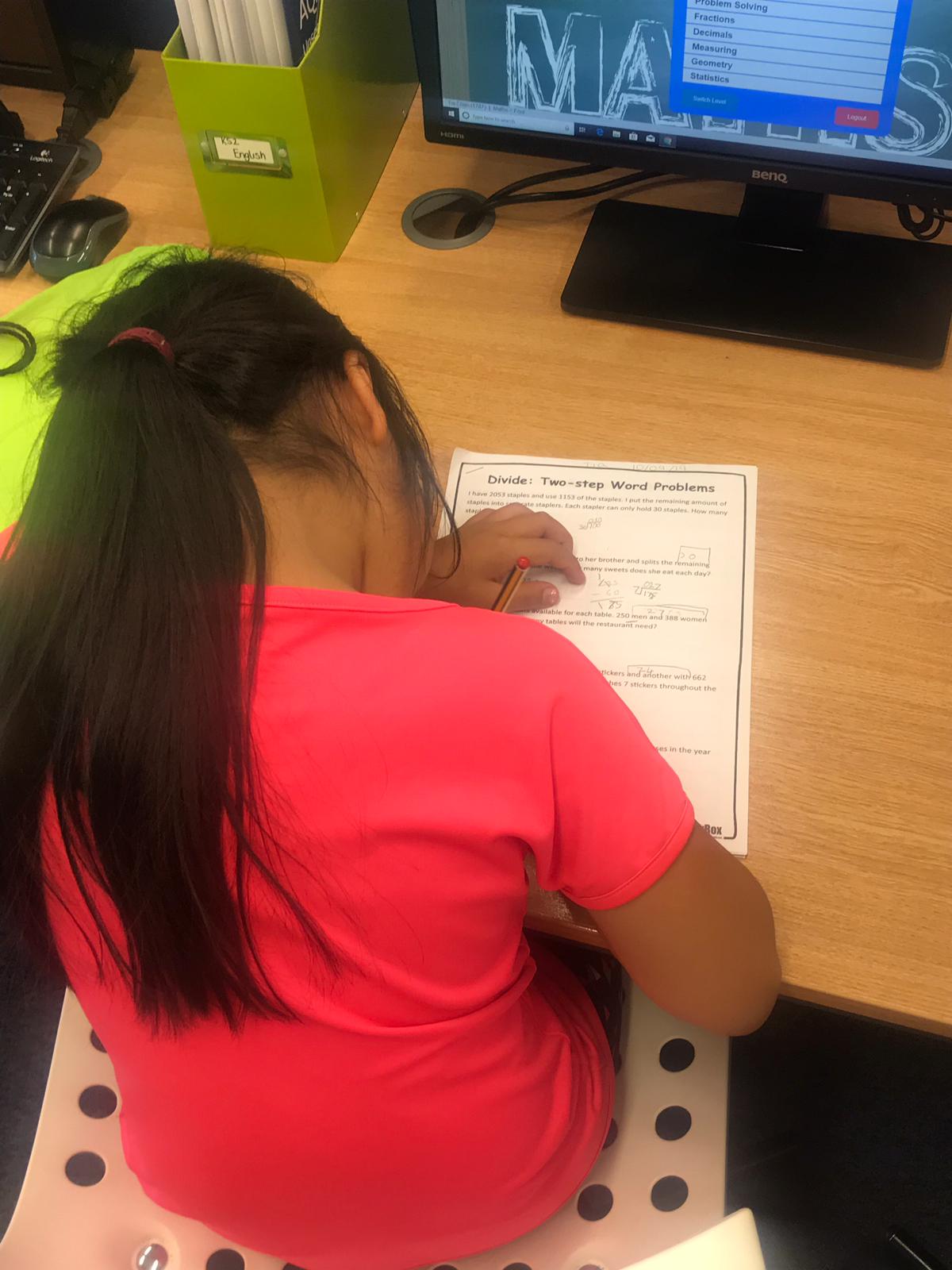
The education system has changed a little this year due to COVID-19. A lot of exams have been cancelled and pupils across the country have had to learn from home.
With children adapting to learning from a different environment, there are skills that can be developed from the comfort of your own home.
Here are 3 ways children can learn and develop skills at home:
-
Reading
- Reading is great for enhancing your child’s development. It is easy to practice regular reading from home, too.
- Ask your child to write down a list of new words they discover. Then look up the word in the dictionary together and get them to write it down and learn it.
- Establish a regular routine to ensure they read often. This could be half an hour every morning or evening.
- If your child is stuck with pronunciation, help them to break down the word and sound it out. This way, their phonics will be improved.
-
Coding
- Coding is a great new skill for children to learn. Especially as they are growing up with and surrounded by technology.
- There are many apps and websites which will serve as a great introduction to teaching children coding.
- Coding has many transferrable skills, including problem solving, learning sequences and logical thinking.
-
Critical thinking
- Introducing critical thinking to children at an early age teaches them to think for themselves. It is a life skill, learning how to solve problems independently through logic.
- Instead of asking “what?”, encourage children to use “how?” and “why?” These sorts of questions require more in-depth answers. It also teaches children to challenge concepts more.
- By prompting children to ask more in-depth questions, critical thinking also ensures that they make their own judgments.
Top 10 Tips to Prevent Summer Learning Loss

The summer holidays are a well deserved break after a year of hard work. Key exams like SATs, the Eleven Plus and GCSEs are challenging and take months of preparation, so the 6-week break is certainly rewarding. Read on for StudyBox’s Top 10 Tips to prevent the Summer Learning Loss.
During this long break, it is easy to forget the work learnt throughout the past academic year. This means it can be easy to fall behind when starting primary and secondary school again in September.
Sometimes secondary schools set work for new year 7 students in order to prepare them for their new chapter. But often, primary schools are unable to assign tasks due to teachers and classrooms changing when moving up a year.
Keeping younger children engaged in learning is especially important to promote growth. They are not yet at the age where they can participate in activities during the summer holidays like work experience or volunteering.
This is why revisiting learning tasks is vital for promoting growth and keeping up to date during the summer break. Summer tuition at StudyBox is open throughout the summer holidays, providing maths and English activities to keep children’s brains engaged and prevent the summer learning loss. We also offer an exciting Kids Coding Course, for those interested in technology, or want to try something new! We believe tuition is important to keep building upon what was learnt in the previous school year, as well as learning new material. Follow our top tips to prevent the summer learning loss.
Top 10 Tips to Prevent the Summer Learning Loss:
1. Tuition
Try our English, maths and coding sessions during the summer with StudyBox.
2. Reading
Find a gripping book and read in the sun!
3. Creative Writing
Creative writing is fun and develops literacy skills. Design some fun storytelling tasks with your child.
4. Practice Papers
Put aside some time for completing mock exam papers. You can set the papers in exam conditions or go through the papers with your child.
5. Arts & Crafts
Encourage children to draw and make art this summer. You can even go on daytrips to art galleries, many of them are free!
6. Cooking & Baking
Get hands-on with the kids and bake muffins or involve them with cooking the dinner, cooking is a skill for life.
7. Educative Games
Brain games are fun and rewarding. Print out Sudoku puzzles or play a game of scrabble together.
8. Learning Apps
There are hundreds of educational apps for children, available on smart phones, tablets and computers. If you don’t have access to these, why not take a trip to your local library and use the computer for educational online games. While you’re there, borrow a book, too!
9. Learn a Language
Take the 6 weeks off as an opportunity to learn a new language, or improve on a language that your child is learning. There are many ways to do this: downloading apps (like Duolingo), using the internet for videos or interactive websites, or purchase children’s reading books in the desired language.
10. Fun activities
Despite the importance of keeping the brain active during the long break, don’t forget to have fun! Keep active and go on a bike ride, go swimming and go on day trips, fly a kite – the activities are endless!
Sign up for summer tuition packages with StudyBox now!
Available from Monday 22nd July – Saturday 31st August 2019.
Book your free trial here.
Kids Coding Lab
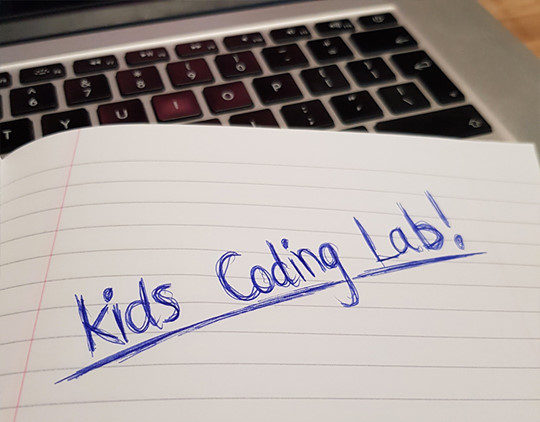
Did you know that StudyBox offers a Kids Coding Lab?
This course will introduce your child to coding concepts. They will use a variety of techniques and be introduced to new tools. This will enhance their knowledge of coding.
Why learn coding?
In our digital generation, coding is the future. It is the source of websites, apps and video games. Coding not only helps with maths and writing skills, but will look good on a CV and eventually enhance job opportunities.
The Kids Coding Lab will include:
Creating a game using software
Curriculum-oriented activities
Learning to input commands
Programming a robot through learning sensors and control
Course Details:
5-7 year olds:
(1 hour lessons)
- Fun introduction to coding
- Screen-free, hands-on activities
- Programming a robot to perform a sequence of steps
- Setting up cause and effect sequences
8-9 year olds:
(1-2 hour lessons)
- Progress from off-screen to on-screen activities
- Team-based projects
- Create and program a vehicle to move and complete tasks
- Introduction to Python coding language
10-12 year olds
(2-4 hour lessons)
- Learn how coding languages work
- Create your own code
- Linking software with hardware
- Learn how to continue working on their project after the lesson has finished
Come and visit our centres:
Don’t forget to book a free trial! https://studybox.london
An additional tuition centre for StudyBox at Kidspace, Croydon
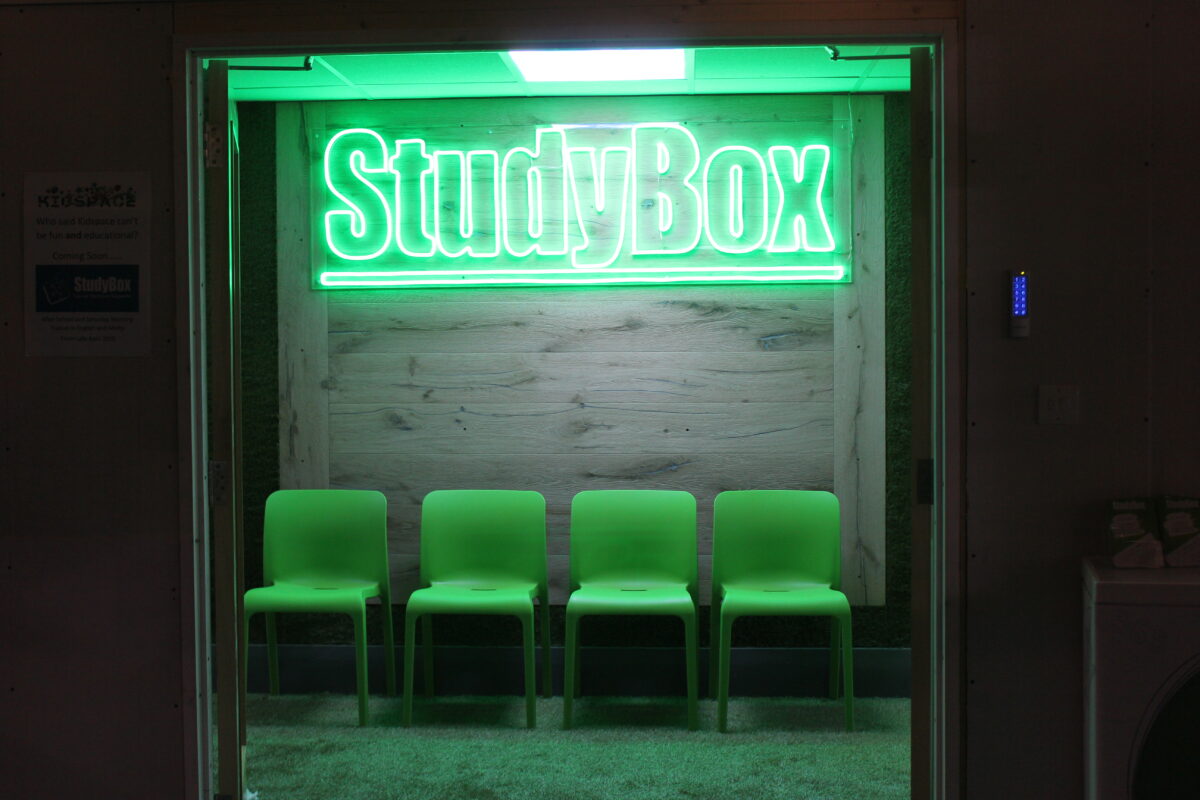
In April, StudyBox opened its latest tuition centre. In addition to our centres in Wallington, Sutton and Epsom we now have our third centre in Kidspace at The Colonnades, Croydon.
This unique setting allows us to provide students with the opportunity to combine exercise and education. As experts in English, Maths and Science tuition, at StudyBox we understand the benefits of exercise on a child’s capacity to learn.
Kidspace provides the perfect setting for learning
The creation of Kidspace was a response to a lack of recreation facilities for children in the local area. The owners maintain that play should be challenging and fun, a mantra that sits perfectly with the StudyBox approach to education. We like to challenge our students while doing everything possible to create a relaxed and inspirational environment.
So, the perfect partnership between recreation and education was born. The StudyBox centre at Kidspace is open weekdays from 4-6pm and on Saturday mornings. There is free car parking, and for those using public transport, the centre is on a busy bus route.
The added bonus for students attending our Croydon centre is that they also get one hour of free play time before or after their class. A report published in PubMed Central (PMC) found that the ability to focus attention is improved among children who participate in physical activities. Having a tuition centre inside an indoor adventure playground must, then, be a win-win!
StudyBox tutors complement the work being done in schools
StudyBox first opened in March 2015. We take great care to hire a wide range of enthusiastic tutors who can adapt to the different learning styles and abilities of students. Close relationships with local schools are also key to serving local communities effectively.
We follow the national curriculum, guiding students through 11+ exams and GCSEs, and helping them transition from year to year throughout their education. StudyBox is proud of its achievements so far.
Get in touch
If you would like any more information about the new centre at Kidspace, call us on 0203 189 1442 (ext 4) or email us at [email protected]. Book your free trial now.
Exercise and education: the perfect formula for success
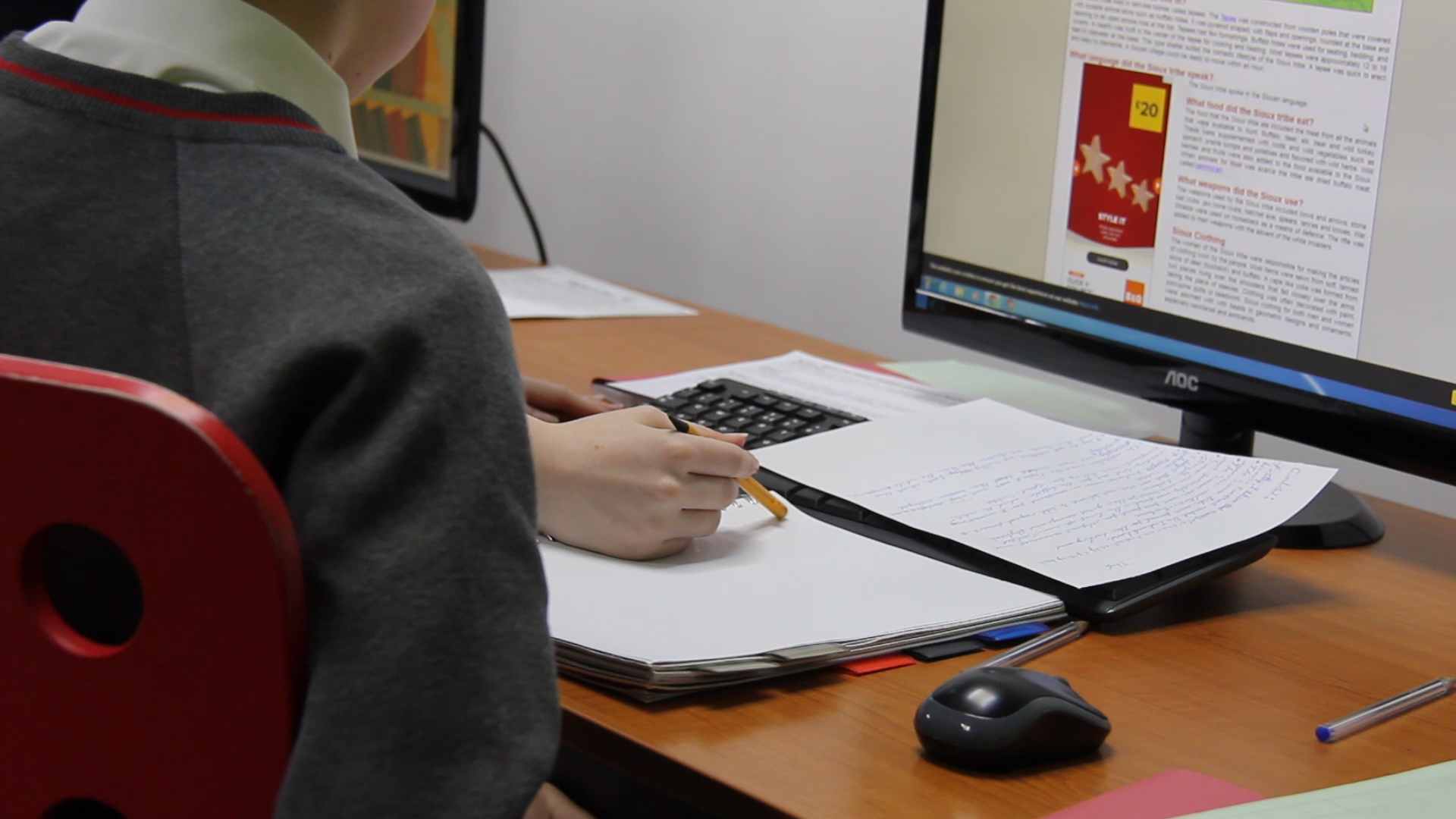
Evidence for the positive effect of exercise on learning is gathering pace. The benefits of exercise on attention control, which is crucial for a child’s studies, are proving to be particularly significant.
This April a new StudyBox Tuition centre open in Kidspace Croydon. Students will be rewarded with an hour’s free playtime in the adventure centre before or after each tuition session. It is expected that this combination of recreation and study will lead to a positive response to learning, and ultimately academic success.
Evidence For How Exercise Helps With Study
The Centre for Educational Neuroscience claims that performance in maths and reading is improved with aerobic fitness. Perceptual skills, intelligence, verbal tests, maths tests, memory and academic readiness in ages 4-18 years are positively affected by exercise.
Research conducted by Drollette et al in 2014 found that children who usually performed poorly on attention tasks improved when tested shortly after “moderate acute exercise” such as 20 minutes of walking on a treadmill.
Another study, performed by Scientific American, shared that in their two year study across 12 schools they found that the students who exercised achieved better results with the conclusion that exercise contributes to increased academic performance.
How does exercise help with academic study?
Here’s the science bit! A study, published in Frontiers in Human Neuroscience, reports that children who exercise have more white matter in their brains than those who don’t.
The areas of the brain where more white matter was observed are important for attention and memory. The results from a range of tests show that physical activity may be an important part of keeping children’s brains active and open to learning.
Regular exercise affects students by:
- Boosting memory
- Improving concentration
- Improving mental health
- Enhancing creativity
Students should exercise physically and mentally
Of course, it’s not just physical exercise that matters for young students. They must also exercise mentally through revision and regular study outside of the classroom. Private tuition boosts confidence by providing students with the opportunity to ask what they may think are “silly” questions and enables them to focus on problem areas of study.
StudyBox believes that the new tuition centre in Kidspace will provide the ideal opportunity for combining physical and mental exercise. Studying isn’t usually seen as a direct route to fun, but the new tuition centre will change that perception.
The new StudyBox tuition centre at Kidspace
The new purpose built modern classroom will be open weekdays from 4-6pm, and on Saturday mornings. There is free car parking and the centre is on a busy bus route.
StudyBox provides tuition in Maths, English, SATs & the 11 Plus for students of all abilities from Reception to Year 6.
Get in touch
If you would like any more information about this new centre, call us on 0203 189 1442 (ext 4) or email us at [email protected]. Free trials are available. studybox.london
